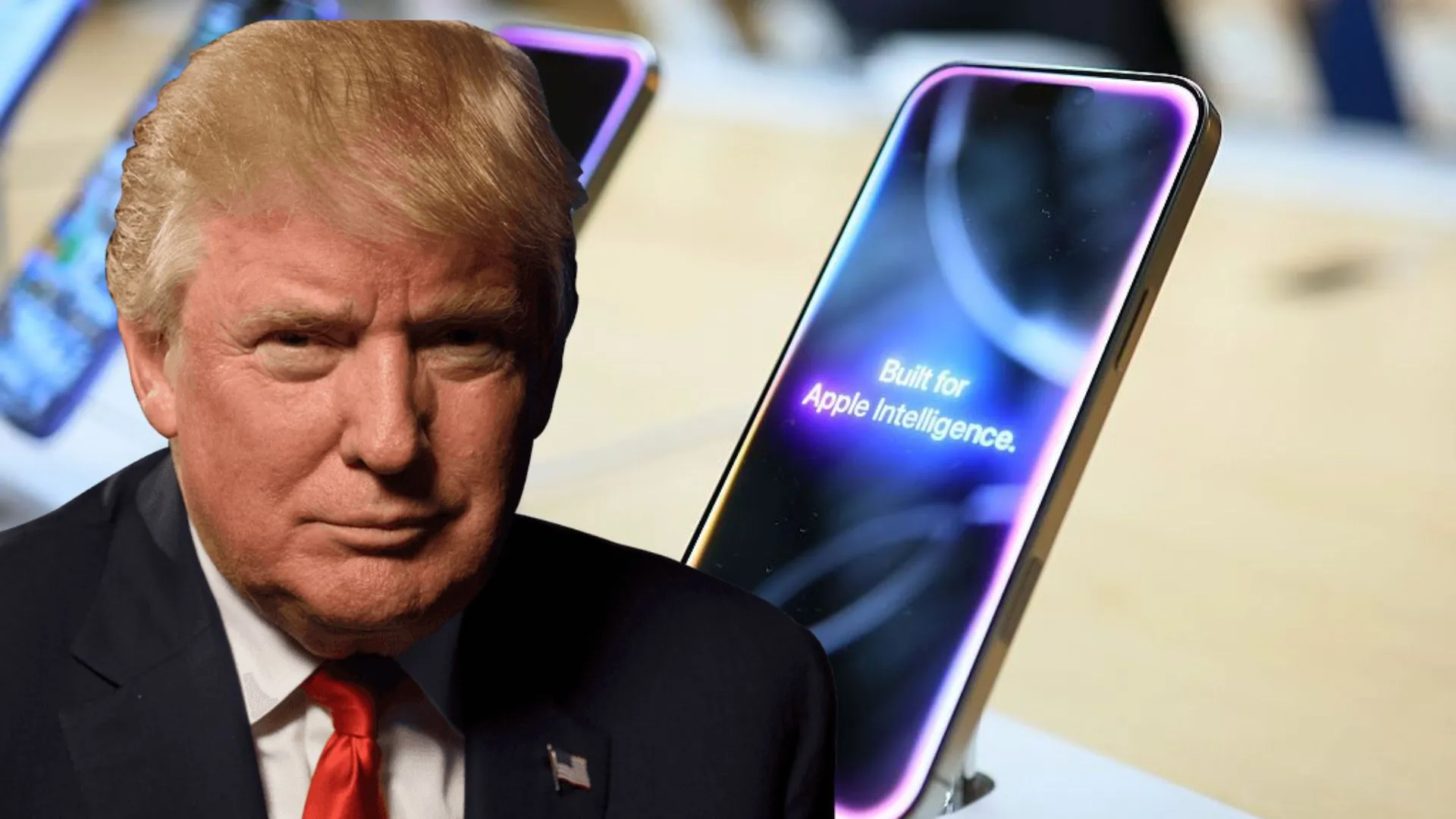The Trump administration late Friday announced the exemption of a number of high-demand electronics—such as smartphones and laptops—from the newly imposed reciprocal tariffs, giving big tech firms like Apple, Samsung, and Nvidia a huge relief.
The revised US Customs and Border Protection (CBP) guidelines outlined that these exemptions are for goods not normally produced domestically. The decision comes after President Trump’s recent announcement of 145% tariffs on Chinese goods, along with a 90-day delay of the ‘Liberation Day’ tariffs on most trade partners.
Big Tech Bounces Back After Market Battered
The ruling is likely to soften the financial hit experienced by big tech companies. Apple alone, for example, lost more than $640 billion in market value after Trump announced the tariffs, as reported by CNBC. The analysts put the price of an iPhone at $3,500 under the full brunt of the tariffs.
The CBP affirmed that goods such as laptops, smartphones, hard drives, flat-panel displays, some semiconductors, and equipment used to produce them will be exempt from the 145% surcharge and the regular 10% tariff.
Complete List of Tariff-Free Goods
The exemption goes back to April 5, 2025, for products shipped out of warehouses. The most important product categories mentioned are:
-
8471: Data processing machines, readers, transcribers, and related devices
-
8473.30: Accessories and parts for data processing machines
-
8486: Equipment for manufacturing semiconductors and flat panels
-
8517.13.00: Smartphones
-
8517.62.00: Devices for data transmission and conversion
-
8523.51.00: Solid-state storage devices
-
8524, 8528.52.00: Display modules and monitors
-
8541, 8542 series: Diodes, transistors, chips, wafers, isolators, and integrated circuits
These exclusions are designed to reduce disruption in industries highly dependent on imports as the administration continues to pursue efforts to stimulate domestic manufacturing.
White House Reiterates Call for Onshore Production
Even as relief spread, White House Deputy Press Secretary Kush Desai warned against Chinese production dependence.
“At the President’s order, these businesses are racing to onshore production in the United States as rapidly as possible,” Desai said. He paraphrased President Trump’s belief that “America cannot depend on China to make critical technologies like semiconductors, chips, smartphones, and laptops.
President Trump previously said he would entertain tariff exemptions for individual firms, and this action demonstrates that flexibility of strategy despite mounting pressure to support the US manufacturing of tech.





















